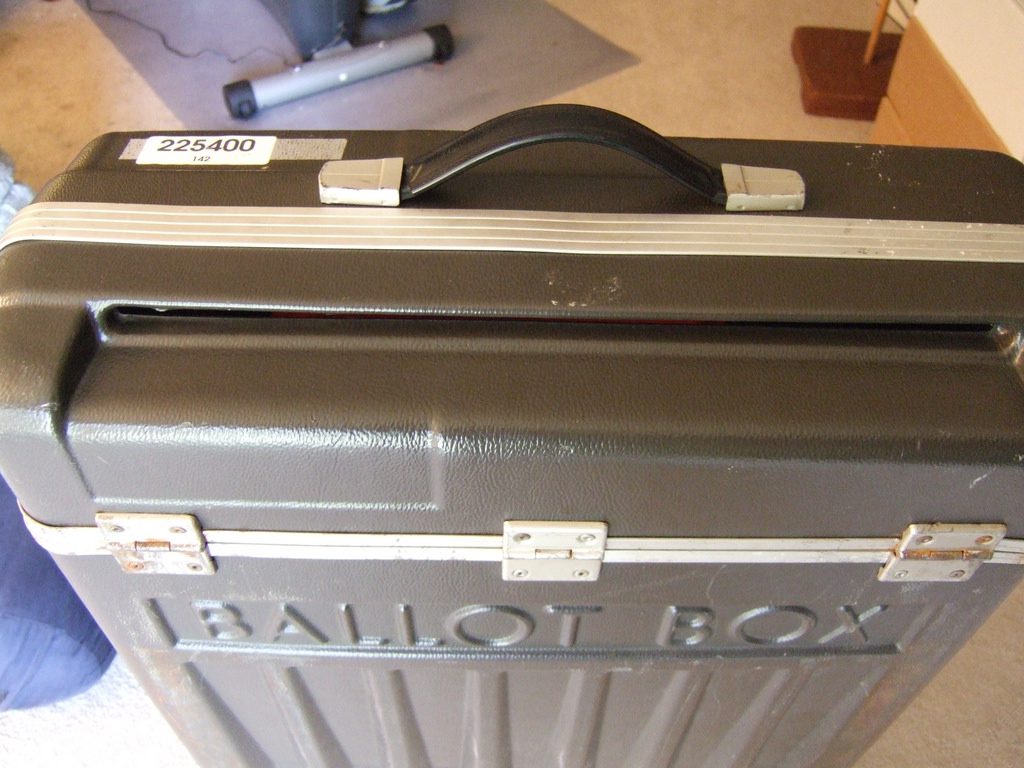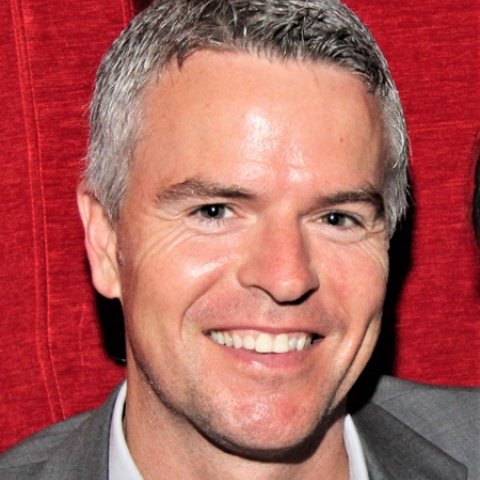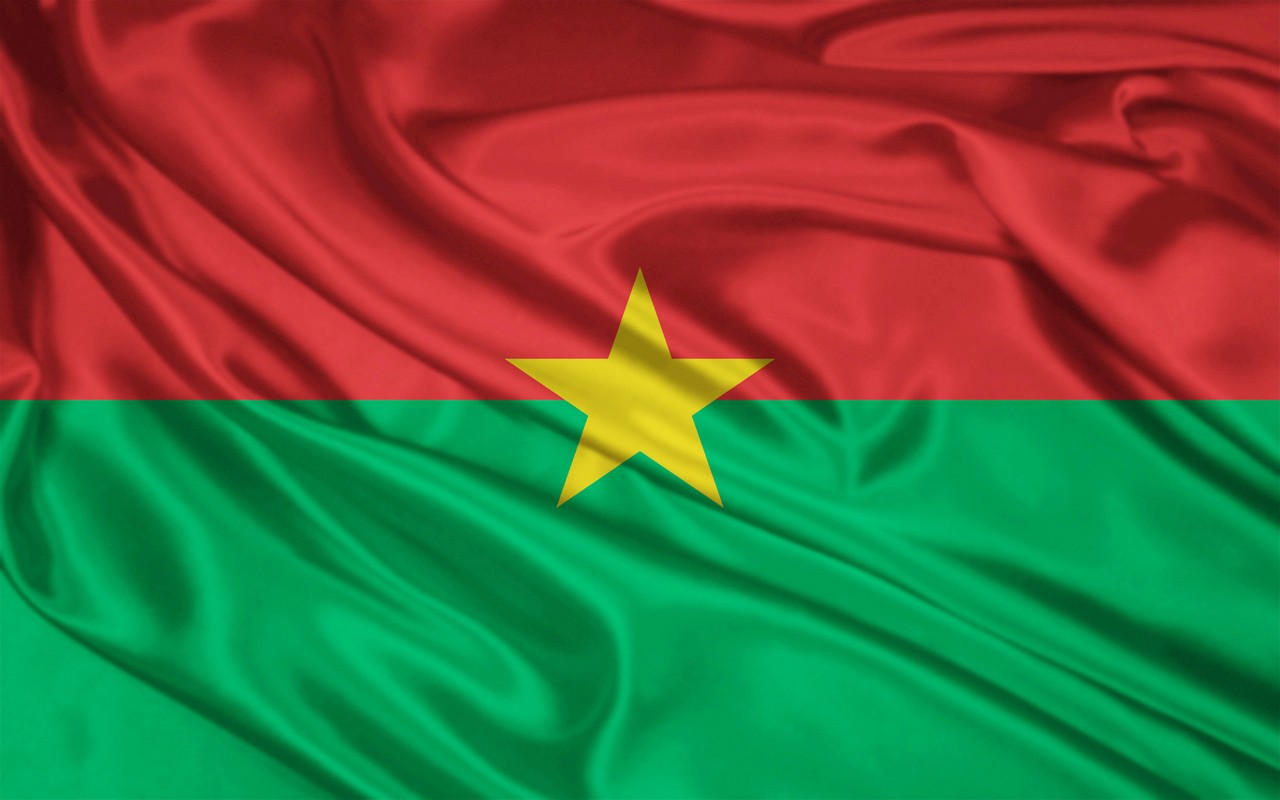News
African democracy in the spotlight (part 1)
Africans aren't happy with the way their elections are run. Criticisms range from voter intimidation and violence to media bias, fraud and vote-buying.

Democracy in Africa is in the spotlight as more than 30 million voters in Angola, Rwanda and Kenya get set to go to the polls in August.
If the number of elections were a yardstick for democratic progress, Africa would be thriving. Only three African countries held elections during the 1980s, but today they’re the norm. Between 1990 and 1994, the first multi-party elections in over a generation were convened in 29 out of 47 states in sub-Saharan Africa. Presidential term limits were almost non-existent in Africa three decades ago, but more than two-thirds of constitutions enacted since have included them. Peaceful transfers of power through the ballot box are increasingly common.
However, Africans aren’t happy with the way their elections are run. Criticisms range from voter intimidation and violence to media bias, fraud and vote-buying. Elections reflect the politics in which they’re embedded; if the system isn’t healthy, elections are unlikely to function well.
Africa isn’t alone. Democratisation has stalled everywhere (the situation is worse in the Middle East and parts of Asia). The hard slog of institution-building—developing constraints on the executive by judiciaries and legislatures, safeguarding citizens’ rights and building an informed society—has taken a back seat.
Elections allow governments to exercise legitimate authority. And they can help mediate conflict between opposing groups, consolidate democratic norms and strengthen perceptions of inclusion and notions of collective fate. Public aspirations can be synthesised into a policy agenda for governing. And elections are the most effective way to peacefully remove incompetent leaders.
Kenya trundled, more or less stably, through nearly 30 years of one-party rule after independence. But today it’s an edgy, young, multi-party democracy. Its election, to be held on August 8, is a two-horse race between political dynasties: the incumbent, Uhuru Kenyatta, son of Kenya’s first president, and Raila Odinga, whose father was a major liberation figure and the country’s first vice president. This will be 72-year-old Odinga’s last attempt. He failed in 1997 and in 2007, the latter time in a flawed election that triggered massive chaos and violence. He lost to Kenyatta in a largely peaceful vote in 2013, a result he also disputed. He’s almost certain to cry foul again if, as expected, Kenyatta’s Jubilee Alliance Party wins a narrow victory over his National Super Alliance coalition. That could plunge Kenya into a period of uncertainty and danger.
Shortcomings in the last poll, notably around the use of new voter technology, have fuelled suspicions that this election might not be credible. But a lot of work has been done to address problems, not just with technology, but also with the voters’ roll and electoral boundaries. Lifted by its new constitution, Kenya’s democracy is growing, if somewhat messily. Kenyatta has the upper hand as the incumbent, but Odinga could still defy the pollsters. Kenyan democracy will be put to the test; it may stumble, but no one should assume it’s destined to fail.
Rwanda’s election on 4 August provides neither a real choice nor any doubt about the victor. President Paul Kagame secured a constitutional change to allow him a third seven-year term and he’s certain to be elected, after winning 93% of the vote in 2010. His opposition lacks credibility. Amnesty International has decried the huge and often deadly obstacles to participating in public life in Rwanda and has voiced criticism of government policy.
Kagame is seen by most Rwandans as a liberator, a nation-builder and a strong ruler who has driven high economic growth. But he’s wary of elections given Rwanda’s recent history. His supporters say the introduction of competitive elections (under pressure from the West) prepared the field for genocide, as Hutu-led political parties campaigned on virulent anti-Tutsi platforms in a fragmented political landscape in the 1990s.
Even if an election is more accurately described as an ’election-like event’, it’s increasingly hard to convey authority without one. An election geared to endorse the status quo can still be a useful test of the nation’s direction. It can also help the ruling party to test loyalties and manage internal dissent. Kagame has frequently said that the Western model is not right for Africa, emphasising the need for Africans to redefine democracy in accordance with the continent’s unique history and needs. He knows better than most, however, that the alternatives to democracy are autocracies and dictatorships that usually can’t be removed without bloodshed.
President Eduardo dos Santos has called an end to his 38-year rule with Angola’s election on 23 August, but he’ll remain the (influential) leader of the ruling MPLA. His close ally and anointed successor, defence minister João de Matos Moura Lourenço, is expected to win convincingly. Memories of a brutal civil war and the past failure of multi-party democracy loom large in the MPLA’s justification for maintaining an iron grip on power and restricting the media. Disputed results in 1992 helped re-ignite conflict that lasted until 2002.
This election is only Angola’s fourth since independence in 1975. Voter behaviour is still largely determined by a generalised fear of returning to war and of instability—stoked by MPLA propaganda—and by nebulous ideas that life will get better by being in the winner’s camp.
The ’high politics’ of the election will be about elite power bargaining and resource sharing. Dos Santos has spent years building up the ’infrastructural power’ of his family. Along with a tiny elite, they dominate the oil-rich state’s economy. But, unlike Kagame, Dos Santos hasn’t articulated a vision that resonates in society, and he has failed to tackle poverty and gross inequality. Declining oil revenues and rising inflation could spark pockets of unrest around election time, but state power is too concentrated for the opposition to significantly dent the MPLA’s electoral support. Actual political support for the government is harder to evaluate.
You can also read the article on The Strategist.



